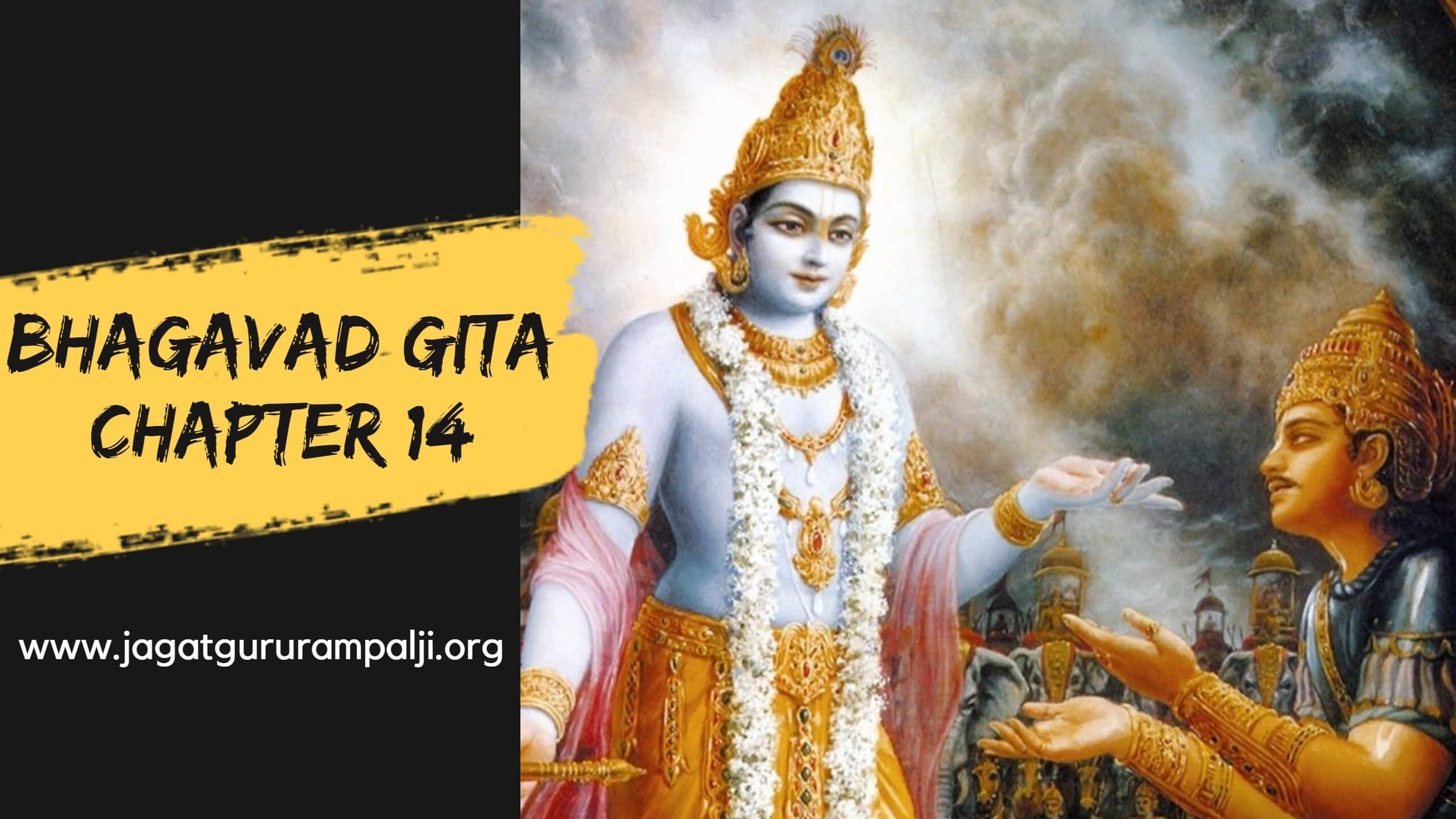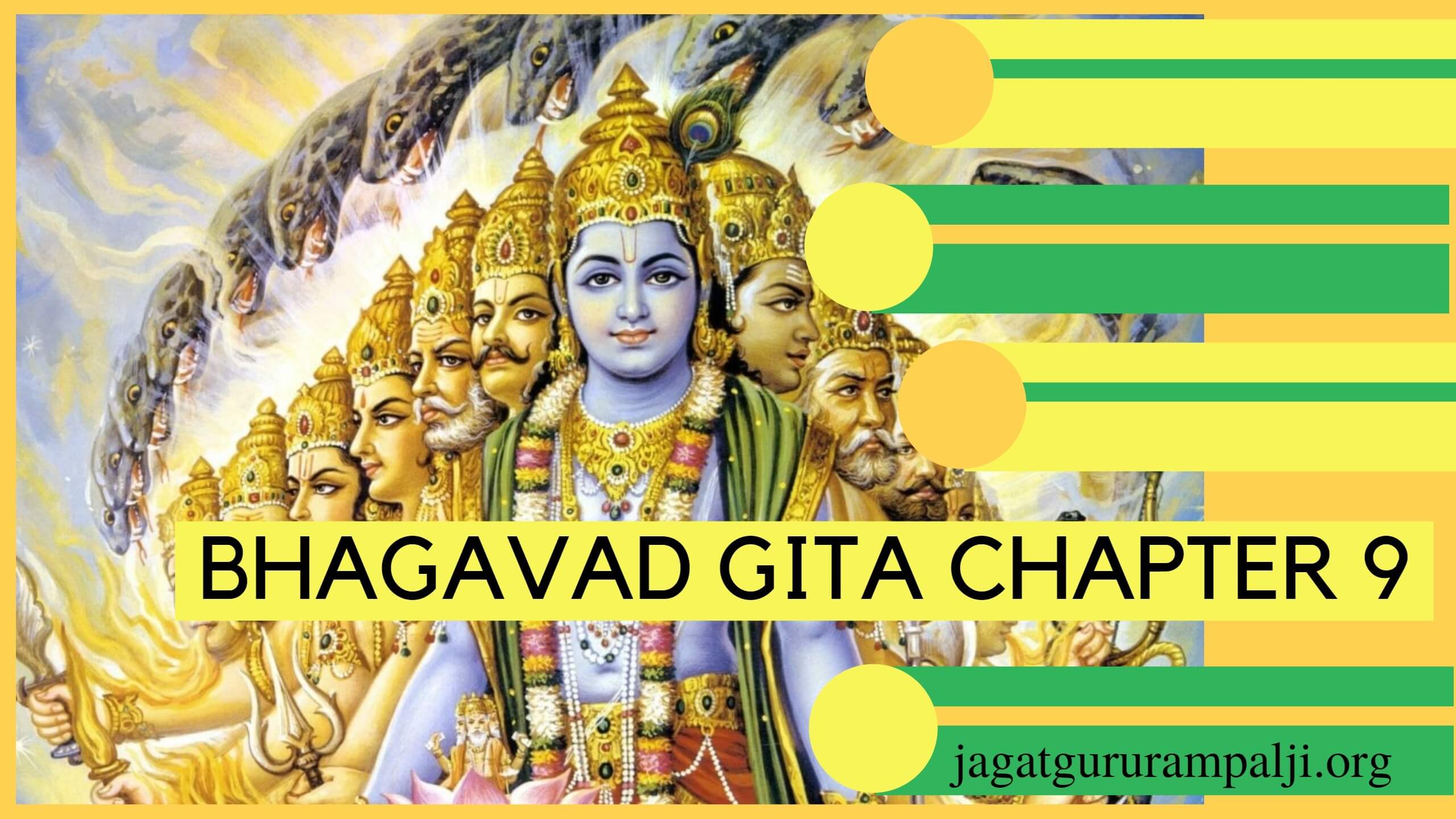

This system of transmitting knowledge is called disciplic succession. Vivasvan taught the science to his descendents, who taught it to humanity. The science of Bhagavad – gita was first spoken by Krishna to Vivasvan, the sun-god. Lust presents itself in the senses, mind, and intelligence, but it can be counteracted by self – control. This lust bewilders one and entangles one in the material world. Krishna answers that it is lust which induces one to sin. He acts for the sake of educating others.Īrjuna then asks the Lord what it is that causes one to engage in sinful acts.

Even a self-realized person never gives up his duty. Performing sacrifices for the pleasure of the Lord guarantees material prosperity and freedom from sinful reactions.

By working without attachment, one attains the Supreme.” Fight! But do it in a spirit of renunciation and offer all the results to the Supreme. He thinks that buddhi-yoga means that one should retire from active life and practice penance and austerities. Chapter 3: Karma – YogaĪrjuna is still confused.
#SRIMAD BHAGAVAD GITA CHAPTER 2 FREE#
By fighting in this way, Arjuna will free himself from the cycle of birth and death and become eligible to enter the kingdom of God. Krishna advises Arjuna to engage in buddhi-yoga, work without attachment to the results. Such a mentality keeps one bound to the material world. Thus, there is nothing to lament.Īrjuna’s decision not to fight is based on his desire to enjoy life with his relatives, even at the cost of wisdom and duty. Dying in battle promotes a fighter to the heavenly planets, so Arjuna should rejoice that those persons he is about to kill will achieve superior births. Krishna takes up the role of Arjuna’s Spiritual Master and teaches him that the soul is eternal and cannot be killed. Aggrieved and confused, Arjuna asks Krishna for guidance and becomes his disciple. Arjuna is torn between his aversion to killing his relatives and Krishna’s desire that he should fight. Rather, He reminds Arjuna that his duty is to fight and orders him to overcome his weakness of heart. Krishna does not sympathize with Arjuna’s arguments. Chapter 2: Contents of the Gita Summarized Arjuna’s reluctance to fight indicates his kind heart such a person is fit to receive transcendental knowledge. After submitting before Krishna many noble and moral reasons why he wishes not to fight, Arjuna casts aside his weapons, overwhelmed with grief. He is overwhelmed by compassion for his family members and teachers, whom he is supposed to kill. Dhrtarashtra, the Pandavas’ uncle and the Kauravas’ father, doubts the possibility of his sons’ victory and asks Sanjaya, his secretary, to describe the scene on the battlefield.Īrjuna, one of five Pandava brothers, undergoes a crisis just before the fight. Many signs indicate victory for the Pandavas. Two armies, those of the Pandavas and the Kauravas, face each other on the Battlefield of Kurukshetra. This is the idea.Chapter 1: Observing the Armies on the Battlefield of Kurukshetra As as inducement, He (the Lord) praises that wisdom: Yuktah, endowed yaya, with which buddhya, wisdom concerning Yoga O Partha, prahasyasi, you will get rid of karma-bandham, the bondage of action - action is itself the bondage described as righteousness and unrighteousness you will get rid of that bondage by the attainment of Knowledge through God’s grace. Tu, but srnu, listen imam, to this wisdom which will be imparted presently yoge, from the spandpoint of Yoga, from the standpoint of the means of attaining it (Knowledge) - i.e., in the context of Karma-yoga, the performance of rites and duties with detachment after destroying the pairs of opposites, for the sake of adoring God, as also in the context of the practice of spiritual absorption. constituting mundane existence abhihita, has been imparted te, to you sankhye, from the standpoint of Self-realization, with regard to the discriminating knowledge of the supreme Reality.

Partha, O son of Prtha (Arjuna) esa, this buddhih, wisdom, the Knowledge which directly removes the defect (viz ignorance) that is responsible for sorrow, delusion, etc.


 0 kommentar(er)
0 kommentar(er)
